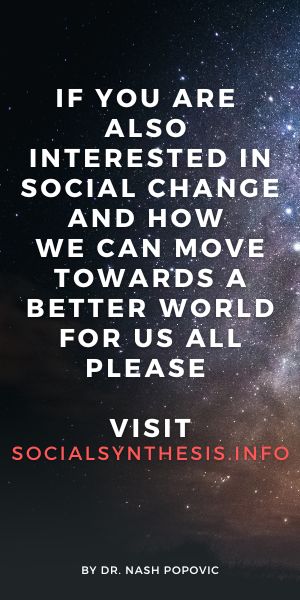63. Instrumental Relationships
63. Instrumental Relationships
Tact is the art of making a point without making an enemy.
Howard W. Newton (20c American author)
As already mentioned, instrumental relationships are a means to an end – their main goal is not relating itself but some sort of benefit: this can be self-benefit, mutual benefit or others-benefit. Let’s consider these three categories in more detail.
Self-benefit relationships
When one is concerned just with his own benefit, others are treated as objects, a means to an end. This leads to valuing them only when they are useful and to attempts to dominate and control. Those on the receiving end may feel used or undermined. This can happen in a wide range of interactions (e.g. a pushy salesman); even intimate partners are not immune to it. If you catch yourself relating in this way, think about how you would feel if you were on the receiving end. If it happens that you are, you have four options (they correspond to general strategies):
- Avoidance: simply move away if you can (e.g. change your job) to avoid this type of relationship.
- Isolation: close down, distance yourself. This can minimise the effects of such behaviour, and reduce emotional reactions.
- Adaptation: adapt, accept your part in the relationship (you may want to do so for the sake of something more important, such as providing for your children). Awareness that this is your conscious choice can help you deal with it.
- Confrontation does not necessarily mean a fight, just making the other aware that you are not going to put up with such an attitude. If you feel that you don’t have enough power and resources to do so, work on building these first. For example, document or record the other person’s behaviour, or try to win support of others (e.g. colleagues).
When choosing between these options, take into account what the possible short- and long-term consequences are, what your priorities are, and which is most likely to be successful.
